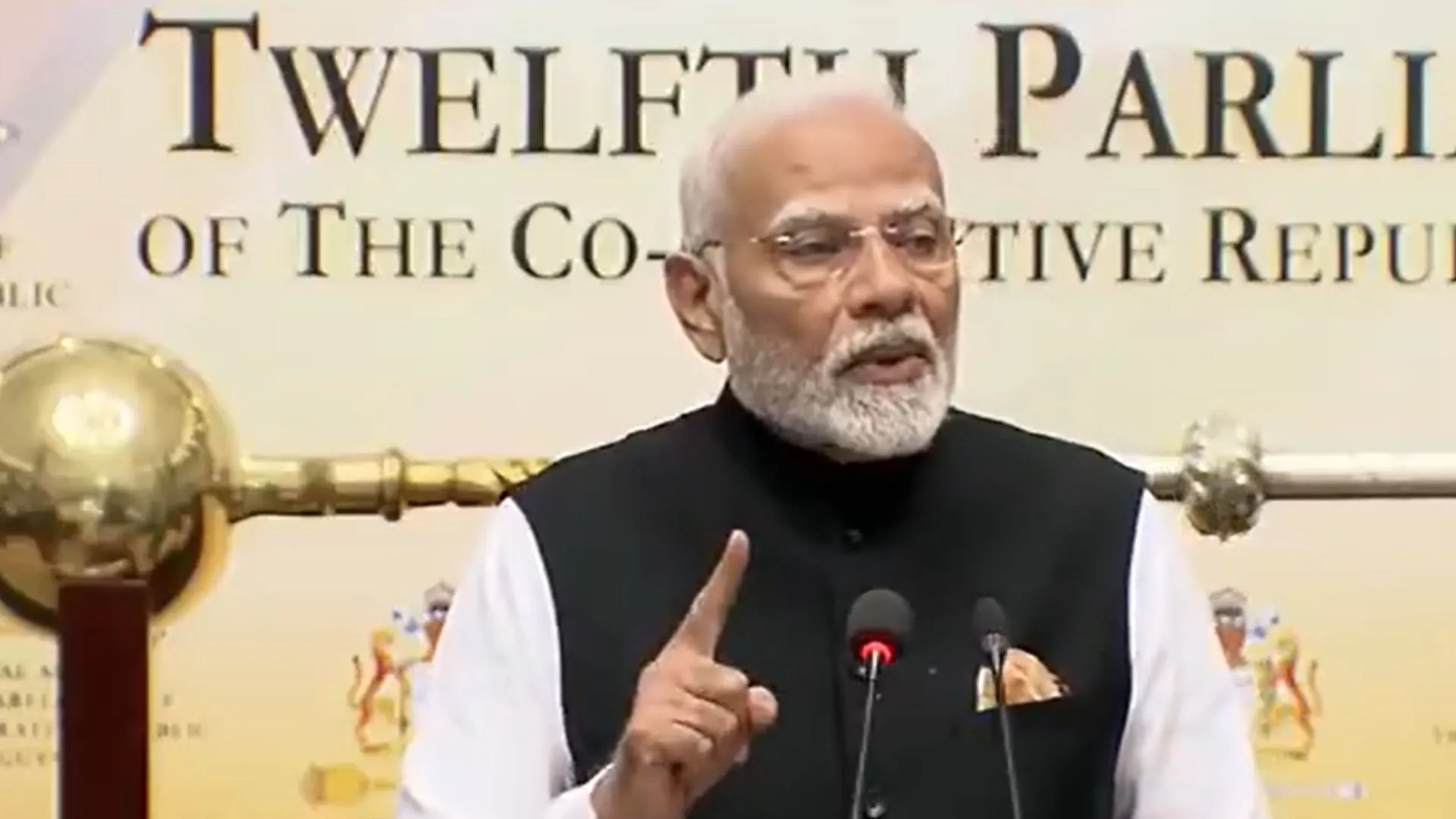India is gearing up to introduce high-speed trains that will revolutionize travel across the country. With a top speed of 280 km/h, these state-of-the-art trains, designed and manufactured by the Integral Coach Factory (ICF) and BEML, promise to offer an unmatched travel experience. Estimated to cost Rs 28 crore per car, the new trains will feature cutting-edge technology, modern amenities, and an aerodynamic design, ensuring a smooth and efficient journey for passengers.
The Making of India’s High-Speed Train Sets
The Integral Coach Factory (ICF) in Chennai, in partnership with BEML, is leading the design and manufacturing of India’s high-speed train sets. Railway Minister Ashwini Vaishnaw recently announced in Parliament that these new trains are being developed as part of the ongoing efforts under the “Make in India” initiative, following the success of the Vande Bharat trains. With a design speed of 280 km/h, the high-speed trains will represent a significant leap in the country’s rail infrastructure.
Key Features of India’s High-Speed Trains
India’s new high-speed trains will come equipped with an array of features to ensure passenger comfort and safety, including:
- Aerodynamic Design: The trains will have sleek, aerodynamic exteriors, ensuring faster speeds and reduced energy consumption.
- Sealed Gangways: To enhance passenger safety and comfort, the gangways between cars will be fully sealed.
- Modern Amenities: Passengers can expect top-notch facilities, including CCTV surveillance, mobile charging points, optimal lighting, and advanced HVAC systems to maintain the ideal temperature inside compartments.
- Safety Features: State-of-the-art fire safety equipment and automatic doors will be installed for a safer and more secure travel experience.
Cost and Technological Innovation Behind the High-Speed Trains
The manufacturing of these high-speed trains is a highly complex and technology-intensive process. According to Minister Vaishnaw, the cost for each car is around Rs 28 crore (excluding taxes), which is considered competitive compared to international train sets. The trains will feature lightweight car bodies and advanced electrics, including a high-speed propulsion system that will optimize energy efficiency while maintaining high performance.
Mumbai-Ahmedabad High-Speed Rail (MAHSR) Project Update
Alongside the new high-speed trains, the Mumbai-Ahmedabad High-Speed Rail (MAHSR) project is progressing steadily. The MAHSR project, supported by technical and financial assistance from Japan, is expected to significantly reduce travel time between the two cities. To date, 336 km of pier foundations and 331 km of pier construction have been completed, with 260 km of girder casting and 225 km of girder launching also underway. Additionally, work on the undersea tunnel (approximately 21 km) has begun.
The MAHSR project will span 508 km and connect 12 stations, including Mumbai, Thane, Surat, Vadodara, Ahmedabad, and Sabarmati. The entire land acquisition process has been completed, covering 1,389.5 hectares.
Transforming Travel in India
India’s high-speed trains and the ongoing MAHSR project are set to transform the way people travel, offering faster, more comfortable, and efficient transportation options. With cutting-edge features and state-of-the-art designs, these trains will be at the forefront of India’s rail innovation, helping to drive the country’s future growth and development in the transport sector.




















